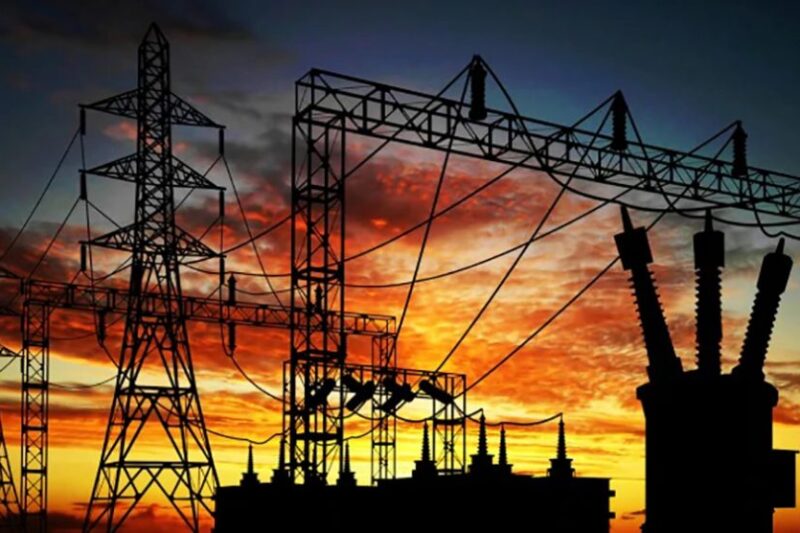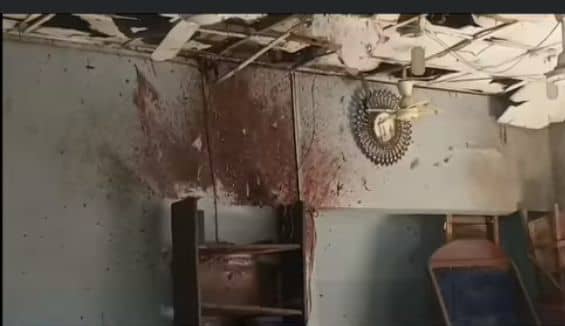It has been a dark 10 months for residents and businesses in Maiduguri – and it doesn’t look as if there is any light at the end of the tunnel.
The Jamā’at Ahl as-Sunnah lid-Da’way Wa’l-Jihād (JAS), more commonly referred to as Boko Haram, first blew up the transmission towers, which supported and delivered high-voltage power lines from Damaturu to Maiduguri, in mid-January.
Since then there had been several more attacks on power pylons.
Maiduguri, the capital of Borno State, was plunged into darkness and was cut off from the national grid. The power outage also affected the neighbouring local government areas of Bama, Jere, Konduga and parts of Damboa.
The blackout had been hard for everyone but it had a devastating effect on businesses in Maiduguri. And it remained a major challenge for hospitals, public institutions and hotels, which were also struggling to keep the lights on.
The only way many businesses could keep going was to install solar panels or buy diesel generators which, because of price of diesel, made manufacturing items more expensive and increased the price for would-be customers.
The lack of electricity and high cost of fuel was not sustainable and it was killing the economy, businessmen said.
RNI reporter Fatima Grema Modu visited the electronics market in Maiduguri, popularly called “Babban Layi”, to speak to some of the business owners, almost all of whom said they had suffered setbacks and had lost a lot of trade and money in the process.
Sani Usman said: “We have definitely suffered during the blackout. We lost a lot of business. Before the blackout our profit was 100%, now we’re lucky if we make a profit of 75% profit. We hardly ever travel to buy new products anymore because the market is slow and most of us lack the capital.”
He said many electronics business owners had resorted to driving keke napep tricycles, others had gone into the tea business. Some had even left Nigeria and had gone to Niger for a new start.
Alhaji Umar, the manager of Aljazeera Electronics, said: “Before the blackout customers used to stand in line waiting for us to open our shop, but now if we get just one customer in a day it’s good.”
The Borno State government had tried several times to get the power up and running again, but each time insurgents would bomb the power towers and the city was plunged back into darkness again.
In April, the government formed a partnership with the Nigerian National Petroleum Corporation to establish a gas power plant. But, so far, nothing had been done to further the project.
AISHA SD JAMAL







